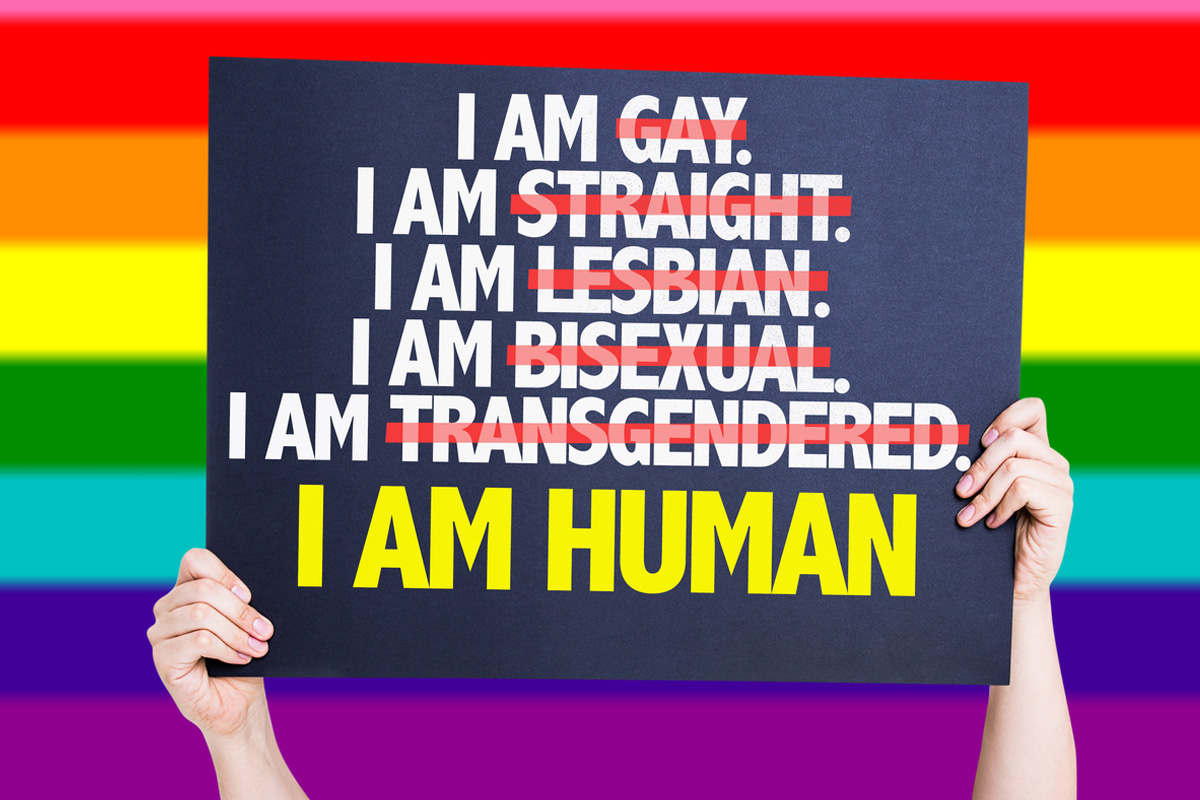EC defends integrity of EVMs in SC, asserts it can’t be manipulated
The Election Commission of India (ECI) defended the integrity of the electronic voting system, asserting that it was not prone to any external interference or manipulations.
It was a progressive Bill on the lines of the NALSA verdict but the legislation that was passed in the Lok Sabha on 5 August this year was a far cry from that.

(Representational Image: iStock)
The Transgender Persons (Protection of Rights) Bill, that passed parliamentary muster last week after its clearance in the Rajya Sabha, bears little resemblance to the landmark Supreme Court judgment of 2014 in National Legal Services Authority v. Union of India (the NALSA case), that was a major step towards gender equality in India. The apex court ruling declared transgender people to be a ‘third gender’, said the fundamental rights guaranteed under the Indian Constitution would be equally applicable to them and allowed them to identify themselves as male, female or third-gender.
It also held that they should be treated as socially and economically backward and be granted reservation in education and jobs. The legislation that now awaits Presidential sanction has been panned by transgender activists as regressive, discriminatory and violative of the top court’s ruling. The government pushed through the legislation in the Upper House despite opposition from many members who objected to many of its provisions and sought further scrutiny by a select committee.
Among the grouses against the present bill from those within the transgender community is that it requires them to obtain an identity certificate from a district magistrate, something which no male or female has to. If transgenders undergo sex reassignment surgery, then they must apply for another certificate to change their gender identity. Obtaining these certificates requires a lot of intrusive medical scrutiny. It is well known that transgenders are often subjected to sexual abuse but the bill does not define the acts that constitute sexual offences making it difficult for them to complain against such crimes.
Advertisement
Activists also say the punishment for sexual violence up to six months to two years is not enough and is patently discriminatory. Another major flaw of the Bill is that it does not provide for reservation in education and employment for transgender persons. That transgenders are forced to beg on the streets and face humiliation and exploitation at every stage, often from those in khaki, is a cruel reality. The legislation’s journey began when Tiruchi Siva of the DMK managed to push through his private member’s bill on the issue in the Rajya Sabha in 2015.
It was a progressive Bill on the lines of the NALSA verdict but the legislation that was passed in the Lok Sabha on 5 August this year was a far cry from that. It cleared the Lower House without any resistance on 5 August, the same day the government revoked Article 370 of the Constitution providing special powers for Jammu and Kashmir. Now it has cleared the Rajya Sabha obstacle. Pushing through legislation in this manner without heeding the objections and suggestions of those it is supposed to grant rights to and benefit appears to be a pointless exercise. The stereotyping and prejudices against the transgender community have not been addressed and they continue to be caught in the gender binary that is the norm.
Advertisement